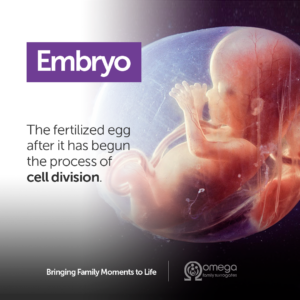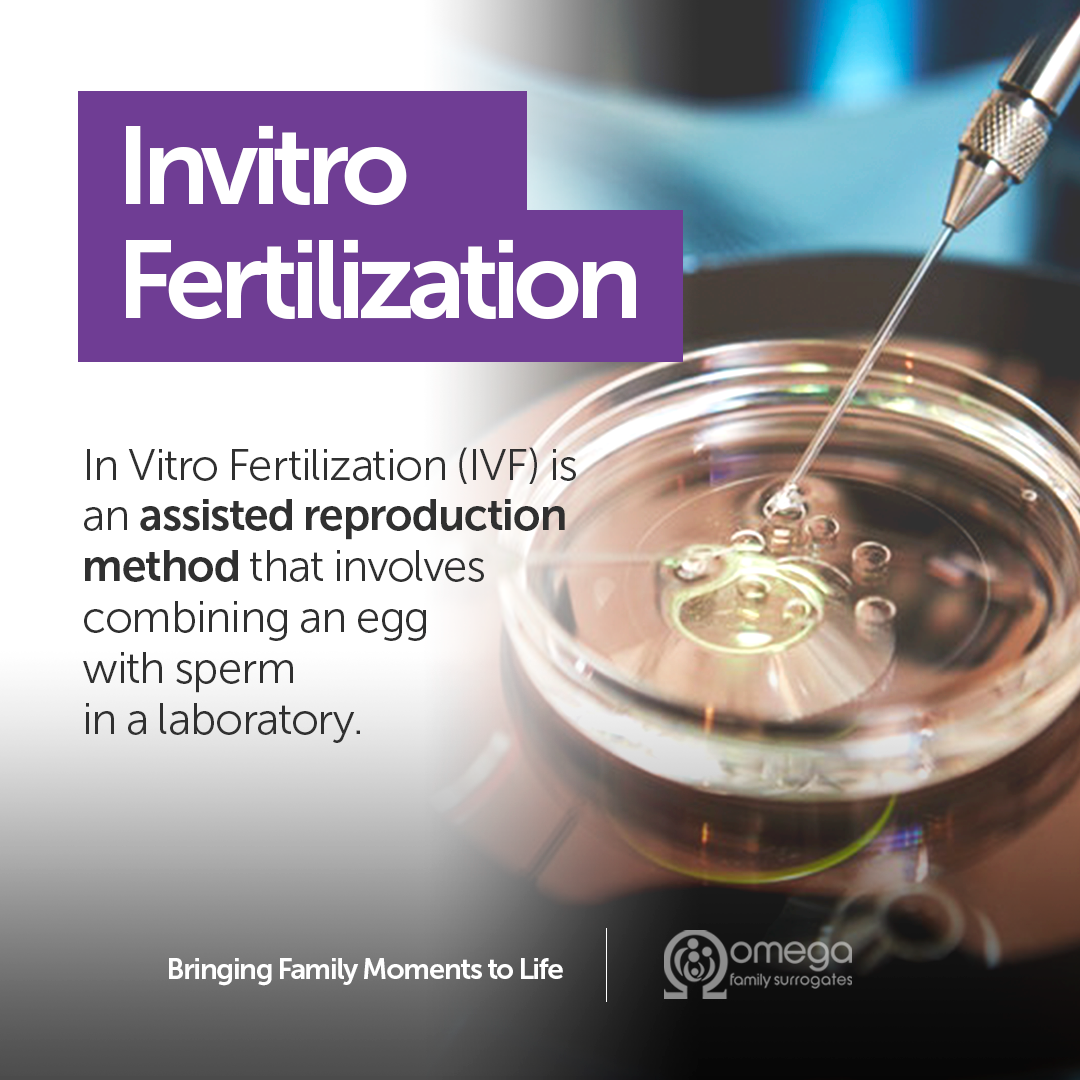An Omega Surrogacy Adviser introduces intended parents and surrogates at a match meeting. IPs have reviewed the surrogate’s profile and look forward to establishing a connection with her. During the meeting they will discuss many personal and general topics. A medical term that should come up is Preimplantation Genetic Diagnosis or PGD.

Surrogates have a choice about going forward with IPs who request this testing. The IVF clinic will inform IPs and surrogates of the risks before performing PGD. The results are up to 99% accurate in identifying genetic defects, and this helps reduce the future possibility of terminating the pregnancy. Regardless, the test results do not eliminate the risk of conceiving a child with a genetic disorder.



